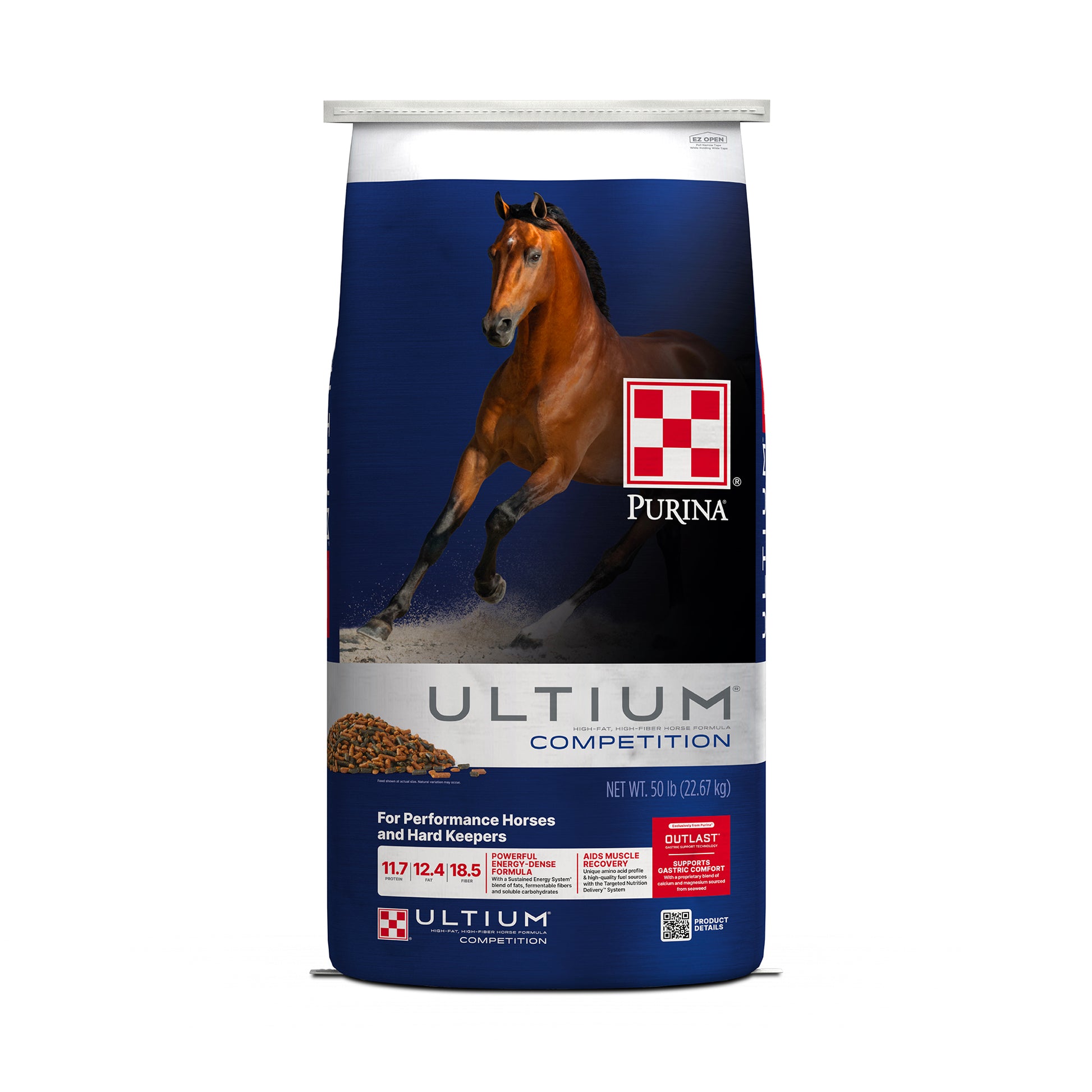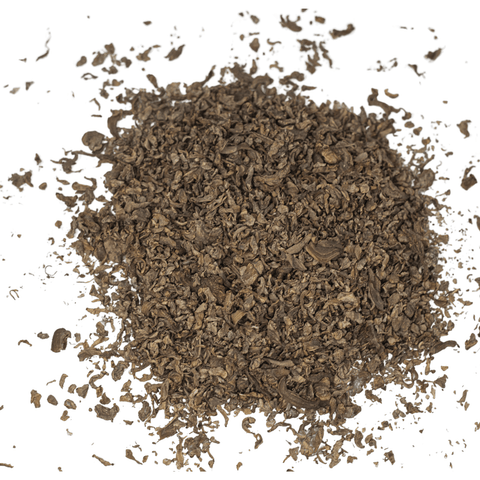Beet Pulp Benefits: Preparation and Feeding for Your Horse

Beet pulp is a highly nutritious and versatile feed ingredient that can offer numerous benefits for your horse’s health and performance. In this article, we will explore the advantages of beet pulp, how to prepare it properly, and best practices for feeding it to your horse.
What is Beet Pulp?
Beet pulp is the fibrous material left after sugar beets are processed to extract sugar. It is commonly used as a feed supplement for horses due to its high fiber content and digestibility.
Benefits of Feeding Beet Pulp to Horses
| Benefit | Description |
|---|---|
| High Fiber Content | Supports healthy digestion and gut motility. |
| Low in Sugar | Suitable for horses with insulin resistance or metabolic issues. |
| Palatable | Generally well-accepted by horses, encouraging consistent feed intake. |
| Energy Source | Provides digestible energy without excess starch, reducing risk of colic or laminitis. |
| Weight Management | Helps maintain or increase weight in horses needing extra calories without grain overload. |
| Hydration Aid | When soaked, beet pulp helps increase water intake, supporting hydration. |
How to Prepare Beet Pulp
- Choose the Right Form: Beet pulp is available in shredded, pelleted, or meal forms. Shredded beet pulp is most common and easy to soak.
- Soaking: Always soak dry beet pulp in water before feeding. Soak for 2-4 hours or overnight to allow it to expand and become digestible.
- Water Ratio: Use about 3 parts water to 1 part beet pulp by volume.
- Check Texture: The soaked beet pulp should be soft and spongy, not dry or overly mushy.
Feeding Guidelines
- Introduce Gradually: Start with small amounts to allow your horse’s digestive system to adjust.
- Portion Size: Typically, beet pulp can make up 10-20% of the total daily ration.
- Combine with Forage: Beet pulp should complement hay or pasture, not replace it.
- Monitor Health: Watch for any signs of digestive upset or changes in manure consistency.
Frequently Asked Questions (FAQ)
Q1: Can beet pulp replace grain in my horse’s diet?
A1: Beet pulp can be a good alternative to grain for energy, especially for horses sensitive to starch, but it should be balanced with forage and other nutrients.
Q2: Is beet pulp safe for horses with laminitis?
A2: Yes, because it is low in sugar and starch, beet pulp is often recommended for horses prone to laminitis.
Q3: How long can soaked beet pulp be stored?
A3: Soaked beet pulp should be fed within 24 hours and kept refrigerated to prevent spoilage.
Q4: Can I feed beet pulp to ponies?
A4: Yes, but portion control is important to avoid excessive calorie intake.
Incorporating beet pulp into your horse’s diet can enhance digestive health, provide a steady energy source, and support overall well-being when prepared and fed correctly. Always consult with your veterinarian or equine nutritionist to tailor feeding plans to your horse’s specific needs.
